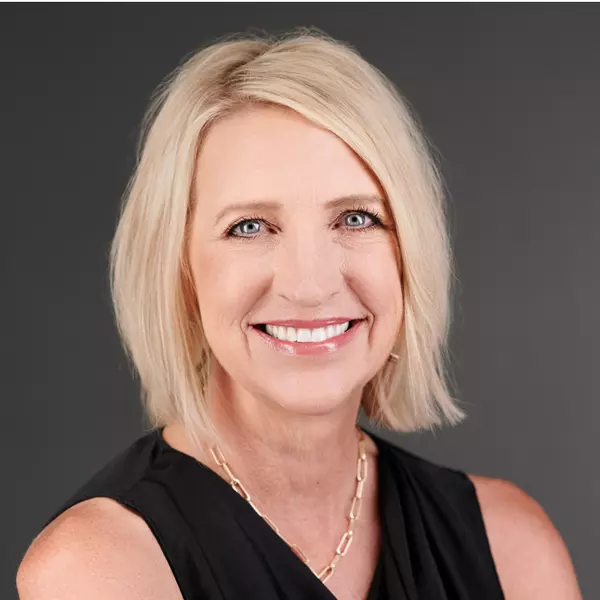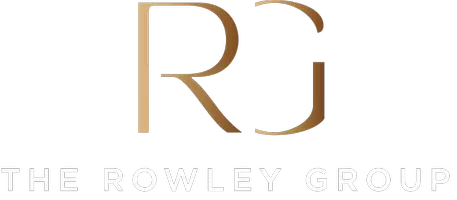Unlocking the Equity in Your Home: Understanding How a Reverse Mortgage Works

A reverse mortgage is a loan that enables homeowners who are 62 years or older to convert a portion of their home equity into cash. Instead of making monthly mortgage payments to the lender, the lender makes payments to the borrower. This type of loan can be a good option for seniors who are looking for additional income or need to pay off debts.
How does a reverse mortgage work? To qualify for a reverse mortgage, the borrower must be at least 62 years old and have sufficient equity in their home. The amount of the loan is based on the borrower's age, the value of their home, and the current interest rates. The borrower can choose to receive the loan proceeds in a lump sum, line of credit, or monthly payments.
The borrower does not have to make any payments on the loan until they sell the home, move out, or pass away. At that time, the loan must be repaid, usually by selling the home. If the sale of the home does not cover the entire amount of the loan, the borrower or their estate is not responsible for the difference.
Pros and cons of a reverse mortgage Like any financial product, a reverse mortgage has its advantages and disadvantages. Some of the benefits of a reverse mortgage include:
-
Additional income: A reverse mortgage can provide seniors with much-needed cash flow to cover expenses such as healthcare, home repairs, or travel.
-
No monthly mortgage payments: Since the lender makes payments to the borrower, the borrower is not required to make monthly mortgage payments.
-
Flexible payment options: Borrowers can choose to receive the loan proceeds in a lump sum, line of credit, or monthly payments.
However, there are also some drawbacks to consider:
-
High fees: Reverse mortgages can have high upfront fees, such as origination fees, closing costs, and mortgage insurance premiums.
-
Reduced inheritance: Since the loan must be repaid when the home is sold, the borrower's heirs may receive less inheritance.
-
Decreased equity: As the borrower receives payments from the lender, their equity in the home decreases, which can limit their options for selling or refinancing the home in the future.
Conclusion A reverse mortgage can be a useful tool for seniors who are looking to supplement their income, pay off debts, or cover unexpected expenses. However, it's important to carefully consider the pros and cons before deciding if a reverse mortgage is the right choice. If you're considering a reverse mortgage, it's a good idea to consult with a financial advisor to fully understand the costs and benefits of this type of loan.
Categories
Recent Posts











18801 E Mainstreet, Ste 250, Parker, CO, 80134, United States


